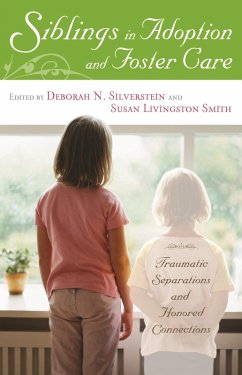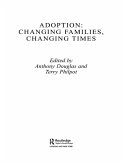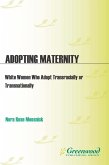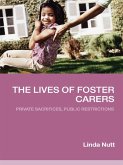Normally, our relationships with our brothers and sisters are the longest relationships in our lives, outlasting time with our parents, and most marriages today. The sibling relationship is emotionally powerful and critically important, giving us a sense of continuity throughout life. So what happens when a child loses contact not only with his or her parents, but with siblings too? That is what happens in thousands of cases each year inside the child welfare system. Children are surrendered by parents - or taken by the government - and placed in the foster care system. There, they are often separated and sent to different foster families, or adopted by different couples. In this work, a team of top experts details for us how this added separation futher traumatizes children. This stellar team of internationally known researchers - some of whom are themselves adoptees - shares with us hard, poignant, and personal insights, as well as ways we might act to solve this widespread problem.
Contributors address not only the importance of nurturing sibling bonds and mental health strategies to support those relationships, but also the legal rights of siblings to be together, as well as issues in international adoptions. Emerging and standing programs to encourage and facilitate adoptions that keep siblings together are featured, as are programs that at least enable them to stay in contact.
Contributors address not only the importance of nurturing sibling bonds and mental health strategies to support those relationships, but also the legal rights of siblings to be together, as well as issues in international adoptions. Emerging and standing programs to encourage and facilitate adoptions that keep siblings together are featured, as are programs that at least enable them to stay in contact.









